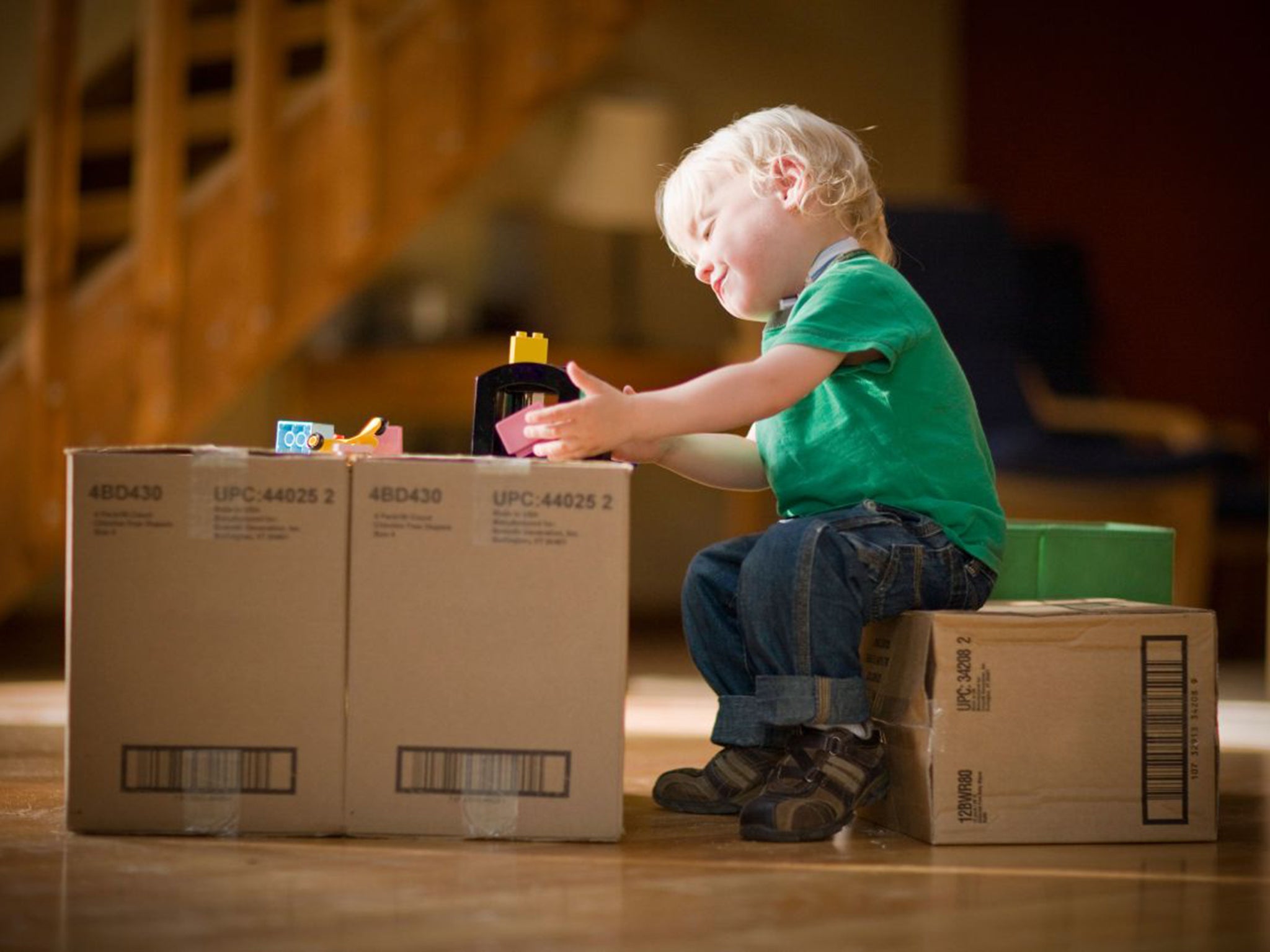Same-sex parents invest more time in their children, study says
Exclusive: Difference most stark in families with two mothers, where parents spend 40% longer on child-focused activities

Your support helps us to tell the story
From reproductive rights to climate change to Big Tech, The Independent is on the ground when the story is developing. Whether it's investigating the financials of Elon Musk's pro-Trump PAC or producing our latest documentary, 'The A Word', which shines a light on the American women fighting for reproductive rights, we know how important it is to parse out the facts from the messaging.
At such a critical moment in US history, we need reporters on the ground. Your donation allows us to keep sending journalists to speak to both sides of the story.
The Independent is trusted by Americans across the entire political spectrum. And unlike many other quality news outlets, we choose not to lock Americans out of our reporting and analysis with paywalls. We believe quality journalism should be available to everyone, paid for by those who can afford it.
Your support makes all the difference.Same-sex parents spend more time engaged with their children than do heterosexual couples, according to a major study which confronts prejudices against LGBT families.
The difference is most pronounced in families with two mothers, where parents spend on average 40 per cent more time on child-focused activities than straight couples, the study of American families from the Population Research Center at the University of Texas found.
The extra time comes largely because both mothers typically offer as much child-focused activity as mothers in heterosexual partnerships. Fathers with female partners spent only about half as much time with their children.
Women spend around 100 minutes a day engaged in child-focused activities, compared with an average of 50 minutes per day among men who were married to, or cohabiting with, women. But fathers in same-sex relationships spend roughly the same time as the mothers, doubling the time typically provided by heterosexual dads.
The report’s author, Kate Prickett, said: “Our findings support the argument that parental investment in children is at least as great – and possibly greater – in same-sex couples as for different-sex couples.”
The research, to be published in Britain on the Child and Family Blog tomorrow, analysed time spent with with children while engaged in activities that supported physical and cognitive development. Tasks such as reading, playing, helping with homework, bath time, and doctor’s appointments were included, but passive activities such as watching television, or doing housework while a child was around, did not count.
Dr Prickett said “Our study suggests that ... children with two-parents-of-the-same-sex families received more focused time from their parents – 3.5 hours a day, compared with 2.5 hours by children with different-sex parents.”
The study used data from the US Census Bureau with a sample of more than 40,000 parents. While the research was unable to point to a definite explanation of the difference, Dr Prickett says existing social research gives an idea. She wrote: “First, it’s possible that selection plays a large part. That is, the ways that same-sex families come about, such as partnering with someone who already has a child, going through insemination or surrogacy, or ... adoption, suggest a strong desire to be a parent. Second, parenting remains a gendered process. Fathers coupled with women still tend to be the main breadwinners, and their partners ... take on more domestic responsibility.”
Jane Czyzselska, editor of the lesbian and bisexual magazine Diva, believes: “Same-sex parents tend to spend more time planning to have children – it doesn’t happen ‘by accident’, after all,” she said, adding, “I think the fear of discrimination at school from heterosexual parents and teachers might make some [same-sex] parents ‘go the extra mile’.”
Tor Docherty, chief executive of New Family Social, an organisation supporting LGBT adoptive and foster families, said: “For all adoptive parents, spending time to develop an attachment with a child is key .... Developing confidence and self-esteem are skills LGBT people can thrive at, making them well-placed to help a child who ... needs to make sense of their place in the world.”
Join our commenting forum
Join thought-provoking conversations, follow other Independent readers and see their replies
Comments